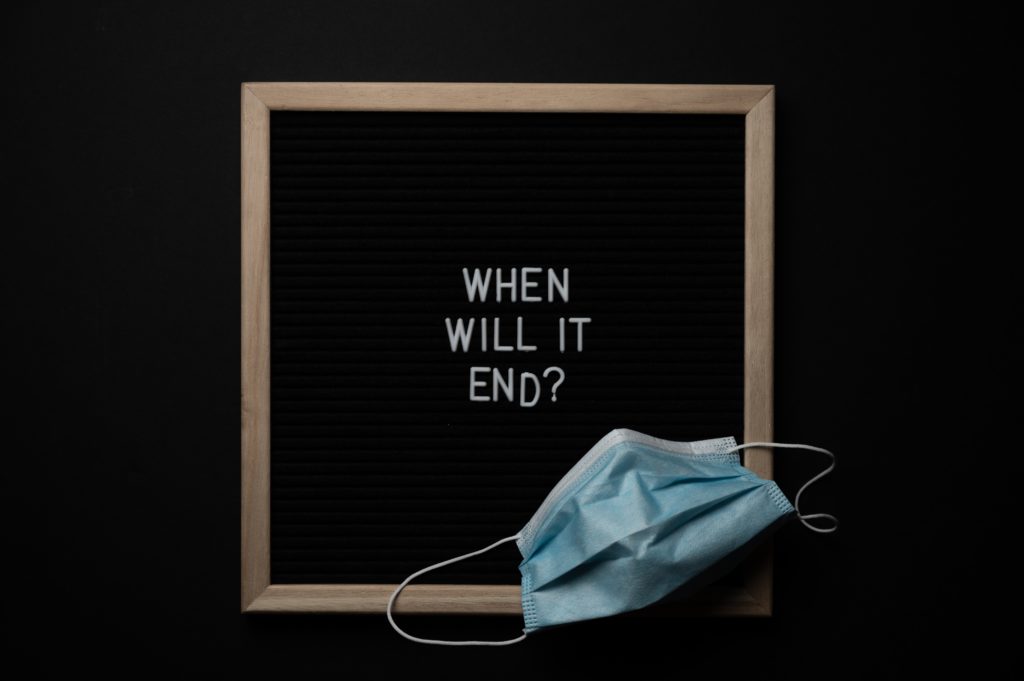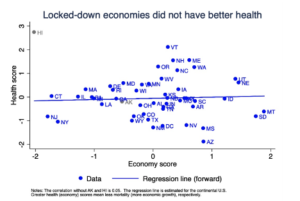As the pandemic shifts to an endemic phase, Americans and others around the world are examining what the state of personal freedom looks like in a post-COVID regulated environment.
In Michigan, we are clear of all but industry-specific COVID regulations in healthcare settings. Earlier this week, cheers of joy rang out at airports across the country as the mask mandate was finally lifted. A federal judge ruled that the CDC overstepped its authority.
Where does this leave us and what have we learned? As mask mandates are lifted universally, we are entering the first opportunity for a fresh start in defining our personal freedoms.
Your future is up to you.
We would be remiss to not recognize that it took a commitment from individuals and institutions to work together to reduce the deadly impacts of the COVID-19 pandemic. When we work together to defeat a deadly enemy, even one we can’t see, we can be successful.
With this unity in mind, leaders should reject fear-based tactics that divide and create anger and frustration when determining public policy. Leaders should make a commitment to supporting the freedom of individuals to make the right choice for themselves and their families.
A new paper from the National Bureau of Economic Research measured and compared the
different economic and health trajectories across the 50 states and DC, examining this through three variables: health outcomes, economic performance throughout the pandemic, and impact on education.
From the report: “Economy and schooling are positively correlated (correlation coefficient = 0.43), which suggests a relationship between the willingness of the population (or its politicians) to resume normal activity in business and school. MT, SD, NE, and UT are the states highest on the economy score and also among only seven states to exceed 85 percent open schools. The correlation between health and economy scores is essentially zero, which suggests that states that withdrew the most from economic activity did not significantly improve health by doing so.”
Sadly, but unsurprisingly, Michigan is near the bottom of the list with a “D” grade and ranking 40th out of 50 states (out of 51 when adding D.C.). Also unsurprisingly, what we see here (and now) is contrary to what those pressing for lockdowns claimed then:
Last, and most important, leaders should recognize that some have taken advantage of this pandemic to assert additional power over those who elected them. This isn’t good government and creates a lasting distrust of leaders.
As this pandemic finally ends, reflecting on what we’ve learned will set us all up for the future. We’ve all learned what it takes to lead during and how to end a pandemic, with vaccines, with personal freedoms intact, and with government leaders recognizing that they didn’t do it alone.
Here is the WSJ editorial about the study: https://www.wsj.com/articles/states-of-covid-performance-economic-schools-study-working-paper-lockdowns-11649621806
And, here is the study itself: https://s.wsj.net/public/resources/documents/NBERcovidstudy.pdf



